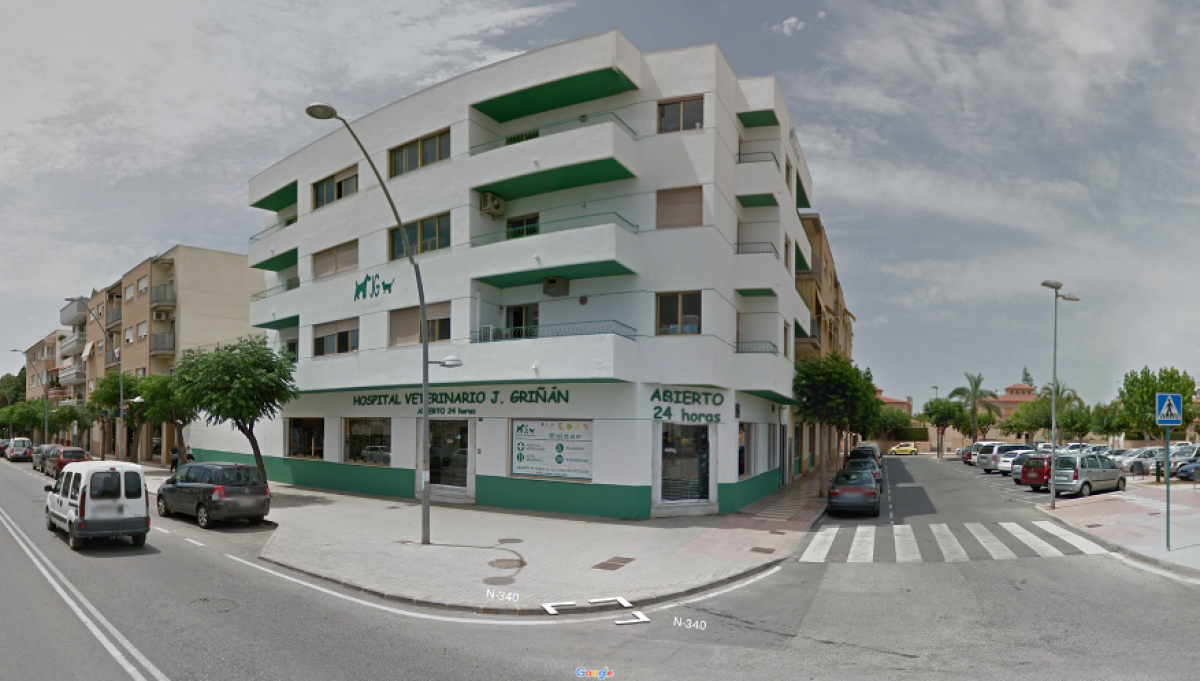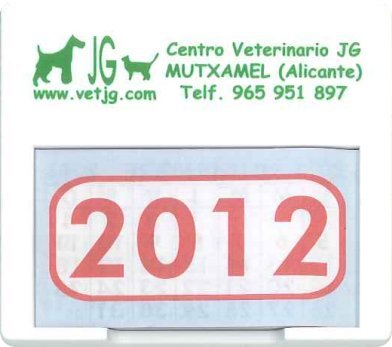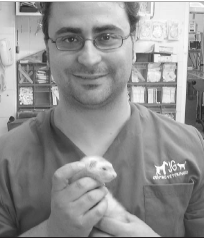 Documentation
Documentation
A health card where vaccinations, info about worming, weight and temperature as well as notes on operations performed on the ferret (ie. sterilization, microchip implant …. etc) are recorded at each visit to the vet. This information can be of great help in the event that during a journey or move the ferret suffers an illness. Additionally it will give the regular vet more control over the health of your ferret.
Food. Ferrets have unique feeding requirements, which are now finally being addressed by commercial pet food manufacturers, though with varying success. Ferrets are obligate carnivores, and food passes through the digestive system of a ferret very quickly. They also lack the ability to derive nutrition from plant matter. For this reason, a ferret diet must be high in animal protein, high in fat, and low in fibre. All foods, including foods intended solely for ferrets, are not created equally, so be careful what you are feeding your ferret. Have food available at all times. Ferrets have a quick metabolism along with a short digestive system, so need to eat frequently (usually every 3-4 hours). It is best to have food available constantly. Most ferrets will eat only enough to meet their needs, and will not become obese if allowed constant access to good quality food.
Basic requirements for a ferret diet:
■ High in protein – 30-40 percent on the label nutrition analysis
■ Protein must be high quality, highly digestible, and be animal-based (not plantbased)
■ High in fat (at least 20 percent, perhaps up to 30 percent on the label analysis)
■ Very low in carbohydrates and fibre (less than 3 percent fibre).
This diet can be supplemented with many «goodies» like butter, cooked quails eggs, raisins (not excessively) apple, pear, melon or chicken porridge for babies however always in low quantities. Never give foods rich in sugar, salt or spices. Raw meat it is very desirable but can be a source of parasites. Beware of vitamin supplements as they are very sensitive to excess vitamin A. The main component of the diet must be dry food. Wet food often has inadequate protein levels and doesn’t prevent tartar build up on the teeth.
Drinking water
Water should be changed daily and provided freely. It is recommended to accustom them to drink from a nipple drinker as they like to play with water and throw around any bowl that we place in their habitat. If you use a bowl, make sure it is heavy. The administration of any medication in the drinking water must be under the strict supervision of a veterinarian.
Habitat
Ferrets should not spend most of their time locked in a confined space. However, maintaining a ferret loose in the house requires constant monitoring. The ideal bedroom for a ferret has to be 100 cm long by 60 cm wide and 60 high. Best is a wire mesh cage on a
metal frame in which place a box with good material for the nest such as an old shirt or towel. Most ferrets are very well
adapted to a kind of hammock hanging halfway up the cage, allowing them to climb up and down continuously, which also
gets them to exercise. Provide the same type of litter tray used for cats. However we must be patient as with ferrets it is perfectly normal to go in any corner and not the box supplied for this purpose. We must change the litter every few days to prevent the strong odour.
Hygiene
It is not recommended to wash them too often, because it stimulates the secretion of the sebaceous glands (which produce musk to care for hair) and therefore odour. Ferrets should not need bathing more than once a month or less frequent if they have skin problems due to excessive dryness. There are specific shampoos available or you can use shampoo for cats. Nails need to be trimmed regularly.
The ears must be checked and cleaned usually no more than once every month or month and a half. To clean the ears you can use products for cats or cotton with baby oil.
Playfulness
According to owners they are loving, intelligent and inquisitive animals. Once they have established trust with their owners they are playful and very affectionate. Ferrets do not become less playful with age like other species; they will always be looking for someone to play with.
Simulated fights and chases are the most common form of entertainment … conducting a so-called «war dance»… arch, walk back and open their mouths, thereby encouraging the game. They are extremely curious and hyperactive. But it also has its drawbacks; they tend to chew soft or elastic objects. They like to hide things, sometimes bite, and considering their size can cause significant injuries. They are nervous animals, so mixing children and ferrets usually results in a child bitten and a deranged ferret.They can get along with dogs and cats, although we must always be present to avoid any surprises. You can keep a couple of ferrets together without any problems especially if they have grown up together.
Worming
We recommend worming every three months to prevent possible infestation with parasites, especially if they live with other pets or have access to a garden. Please contact your vet if you have any questions.
Flea Baths
If your ferret has fleas, consult your veterinarian before using a flea shampoo. Your vet will recommend the best program of treatment for fleas for your household, including a ferret safe flea shampoo.
Most frequent diseases
The list below is a short summary of the most common diseases that can affect ferrets. You can vaccinate against some of them others can be treated successfully. The most important thing is to act quickly and consult an experienced veterinarian. Anaemia induced by oestrogens: in females spayed and not covered. Canine distemper: fatal viral disease of results in most cases.
Influenza: similar to human influenza is spread ferret to human and vice versa. Rabies: deadly virus, preventative vaccine is essential.
Heartworm: affects the function of the heart. Obstruction by foreign bodies: very common in ferrets because of its exploratory character and its liking for taking all objects in to the mouth. Skin neoplasms: frequent presentation in advanced age, any changes in size and texture of the skin should be consulted with your veterinarian.
Posterior paralysis syndrome: multi factorial disease that requires a more in-depth study of the ferret. Lymphoma: along with Insulinoma are the most common tumours in ferrets.
Vaccinations
Rabies and distemper are the most important diseases in ferrets. Ask your vet about immunisation schedules in ferrets.
Regular check-ups
A complete check up by your vet should be performed at least once a year including weight control, a complete blood test, radiography is of great help for the early diagnosis of many illnesses that can be present without external symptoms. These tests are performed with minimal stress under anaesthesia with isoflurane gas.
Recommended surgery
For any female ferret not used for breeding sterilization is recommended. The removal of anal glands in both sexes is also well advised
to mitigate as much as possible the smell of our ferrets.
How to tell if they are ill?
Loss of appetite, loss of desire to play, loss of mobility in the back legs and any symptoms that do not fit in with their usual behaviour should make us suspect that the ferret may be suffering from a disease and a consultation with the veterinarian is required
This article was published in Costa Blanca News.
 y ya podéis empezar a construir vuestra web ¡¡¡
y ya podéis empezar a construir vuestra web ¡¡¡






